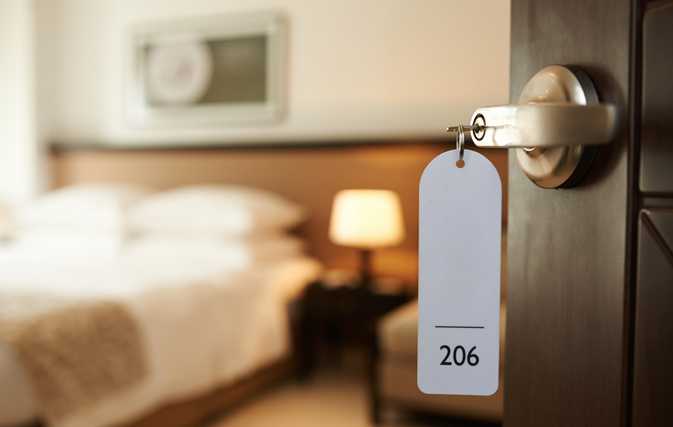LONDON — After reaching record-high performance levels in 2017, Europe’s hotel industry is forecasted to maintain its upward trajectory in 2018, says STR.
According to recent data, Europe’s occupancy rate in 2017 was up 2.4% to 71.9%, while its Average Daily Rate (ADR) was up 3.1% to EUR110.51. Revenue per available room (RevPAR) was EUR79.46, an increase of 5.6%.
Each of the three key performance metrics were the highest STR has ever benchmarked for Europe.
“Hotel markets across Europe have benefitted from a wide range of factors in recent years,” said Robin Rossmann, STR’s managing director. “While hotel performance was up for nearly every world region in 2017, Europe was the clear leader in terms of growth. The region has seen substantial growth in both tourism and corporate business, and has remained resilient in the face of several terror attacks, with increasingly shorter turnaround periods needed for performance recovery.”
Rossmann added that the company expects 2018 to be another stellar year for Europe hotels, “with RevPAR growth again exceeding 5% year over year.”
In addition to rising 2.4% over 2016, Europe’s occupancy level in 2017 was nearly 10% higher than the previous peak in 2008, which came before the global financial crisis. During the months of July, August and September 2017, Europe recorded double-digit ADR growth compared to those same months in 2008.
Looking ahead, STR’s market Forecast Reports project strong performance growth in a number of key European cities, with Moscow, Athens, Paris, Brussels, Amsterdam, Madrid and Prague all expected to se RevPAR growth above 6%, mainly as a result of ADR growth.
Paris’ performance will likely be driven by demand growth, as the market continues to see increased tourism from terror attacks in recent years. Berlin hotels are expected to record a RevPAR increase around 5%, again mainly driven by growth in ADR.
After benefitting from the ‘Brexit boost’ of a weakened pound sterling following the U.K.’s June 2016 EU Referendum, London’s hotel performance has slowed in recent months as the sterling has recovered substantially against the dollar. Although the city’s demand (room nights sold) is expected to continue growing, it will likely be outweighed by supply growth, as London’s hotel inventory continues to expand. ADR growth should help the U.K. capital achieve year-end RevPAR growth around 2%.

